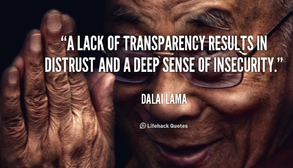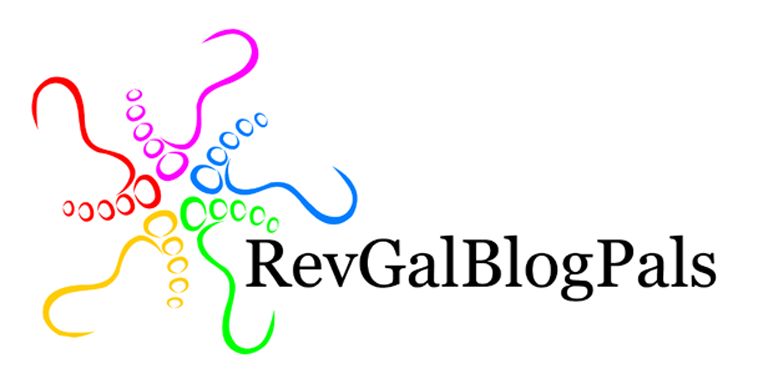|
This week's scripture texts are Mark 7:24-37 and James 2:1-17.  So, how did this woman get into the house where Jesus was staying? The text begins by saying that Jesus didn't want anyone to know where he was. He was never given a moment to himself. And here he has entered someone's home and a woman bows at his feet - and a Gentile woman. So again, how did she get there? Who let her in? Where were the body guards? Where was the bouncer? I believe she belonged in the scene. She didn't sneak in. In other words, someone, presumably a Jewish male knew her. Maybe she was a servant or part of the kitchen help. Maybe not, maybe she was a friend of the home owner, a guest. Maybe the homeowner was more open and welcoming than Jesus was. Now, Jesus seems to be ok with this woman being in the room but he is not ok giving her the resources that are meant for the children of Israel. Resources are limited. Resources are earmarked. Resources are earned. Is Jesus saying that God's resources have an end? God's resources are limited? Are not for everyone? This woman understands resources differently than Jesus and she explains it to him. "You see, there are crumbs that go unused. And crumbs are actually enough. The resources here are enough." Maybe Jesus knew that but he didn't believe the resources were for everyone. The resources are for the favored people of Israel. Favored. Favoritism is not a new thing. Favoritism is played out in so many ways in our culture. We place value in myriad ways. We judge by our bodies, our minds, our social ability, our education, our age, the color of our skin, our gender, our sexual preference, the color of our hair, our size, our stature, our salary, the size of our homes, the size of our backyards, the size of our 401K, the success of our children, whether we have children or not, whether we talk too much or too little, whether we share too much or too little. There are hundreds of ways we calculate worth and somehow we too act as if resources are earmarked. Resources are limited. Resources are earned. We withhold resources, we save them and hoard them and scrutinize how we will spend them. (And by scrutinize I mean we choose to buy coffee at Starbucks rather than pay off debt or sponsor an orphan halfway around the world.) Listen, I'm preaching to myself as much as anyone who is still reading. James writes, "Do you, with your acts of favoritism truly believe in the Lord Jesus Christ?" Favoritism is not new. We play favorites, Jame's audience played favorites, Jesus played favorites - that is until that woman welcomed him into a relationship with her where crumbs are enough. I went digging a little bit and found these gems - two videos by Jonathan Wilson-Hartgrove, an author and spiritual leader. He lives in an intentional community, a house of hospitality in North Carolina.
I'm not sure where I'm headed this week with these texts but I'm going to continue reading about favoritism. I'm going to consider those who are in the room but considered less valuable. And I'm going to think about crumbs and giving them away.
2 Comments
Read this week's lectionary text from the Hebrew scriptures here.  David and Abishag by Pedro Americo David and Abishag by Pedro Americo In a contemporary context, I imagine Solomon as a world leader sitting in a private office in a private airplane as he travels to the next city where he has business. His mother approaches with a question, he clears the cabin and asks her to have a seat beside him. Solomon, she asks, why don't you let Adonijah have Abishag as a wife? Was his mother unaware that taking the former king's concubine was one way to claim the throne? Was she trying to make peace among these half brothers? So again in a contemporary context, perhaps the mom asks, "Solomon, your father's mistress is hanging around the house and I'm wondering if you could suggest she try your brother's house?" The contemporary context is a reality show waiting to happen. There is sex and trading partners. There is actual power and presumptive power. There are moms and stepmoms and half brothers. And it ends with a homicide. There is not a lot of trust or transparency in Solomon's world and there is not a lot of trust and transparency in our world either. Who are the trustworthy companions for our world leaders? Do we believe that there are advisers to our world leaders who don't from time to time request favors? Even the world leaders' mothers? I'd say especially the world leaders' mothers. I apologize for my cynicism, especially since we've got a long time to go in this season of politics!  For me this text is presenting the opportunity to talk about trust and transparency. We see in the text that trust and transparency are not present. But how about us? How about in our churches? How about in our families? My brother in law described trust as "listening to the other without thinking about what you will say next." I was taken aback a bit because I thought - well, that's what I call listening. But he was taking it one step further. I can trust you if I know you're really listening to me. I can trust you if I know that for the part of the conversation where I am talking, you are putting me first. How are we at trust in our relationships and in our churches? And transparency? Leaders and leadership teams talk about being transparent with congregations but as the pastor of a small church, communication is often one of the hardest tasks. I don't think it's difficult because people are wanting to be opague; I think it's difficult because one, church is run by volunteers and two, people in churches need a lot more information than we often think to give. Transparency is about over communicating. Transparency is showing the why of the what, the who around the why. What was Bathsheba really asking for? What was Adonijah really asking for? What was Solomon so afraid of? What did Abishag want (oh wait, don't be ridiculous, why would we ask the concubine what she wanted)? The story lacks transparency. Trust and transparency. Might our churches have more of both. |
Search this blog for a specific text or story:
I am grateful for
|

This work is licensed under a Creative Commons Attribution-NonCommercial-ShareAlike 3.0 Unported License.
